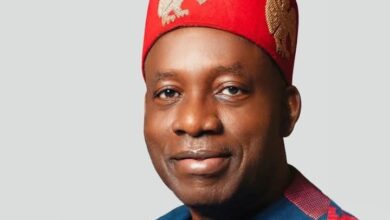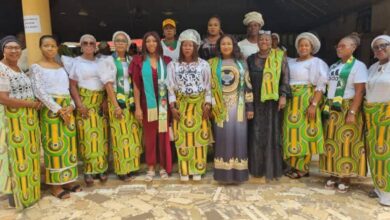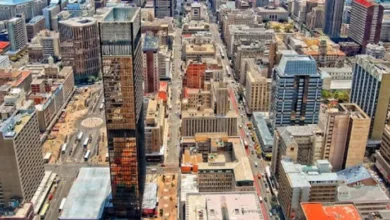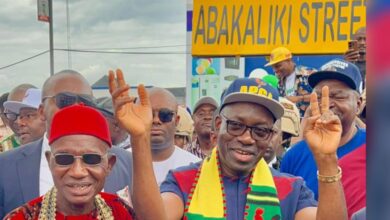Pope Francis: Early life, education, and career
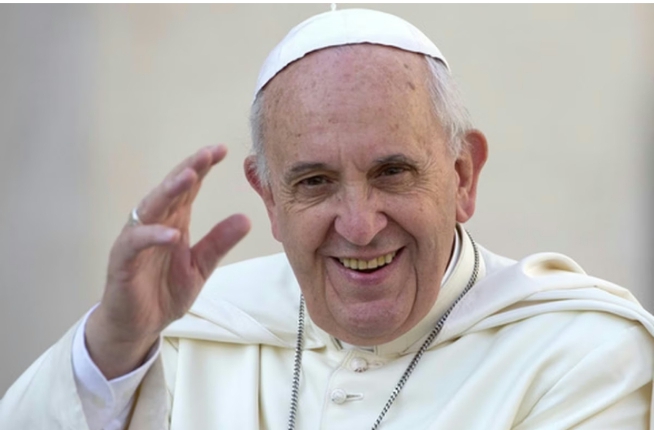
Pope Francis, born Jorge Mario Bergoglio, became the first Jesuit and South American pope in 2013.
Known for his humility and reforms, he masterminded social justice, environmental stewardship, and unity among the Catholic faith.
He was born in Buenos Aires, Argentina, on 17 December 1936 – the eldest of five children.

His parents had fled their native Italy to escape fascism.
Across his 12 years as pope, Francis consistently elevated the causes of migrants and the disenfranchised, and pushed the church to more forcefully confront its own history of scandal.
His efforts to make the church more inclusive were welcomed by his supporters and many Catholics, but some conservatives pushed back as he veered from traditional teachings
Early Life and Education
Bergoglio’s background is the Italian immigrant community of Argentina. Following early studies aimed at becoming a chemical technician, he worked briefly in the food-processing industry.
He then discovered a strong vocation for the church. Early life was greeted by a health issue, as he developed a bad case of pneumonia at about age 21 and lost part of a lung.
He joined the Jesuit novitiate in 1958, the start of his formal religious education. He then went on to study humanities at the academic level in Santiago, Chile and studied for a licentiate in philosophy in Buenos Aires.
But following graduation, he taught literature and psychology at the high school level along with theological studies.
Bergoglio was ordained as a priest in 1969 and professed his final vows as a member of the Jesuit order in 1973. He then became superior (leader) of the Argentine Jesuit province from 1973–79.
Career before papacy
His time as leader of the Jesuits in Argentina overlapped with the unstable time of Argentina under military rule after the 1976 coup by General Jorge Rafael Videla. The subsequent “Dirty War” was greeted by widespread human rights violations.
Although, his activities during this period were controversial, Bergoglio noted that he had protected individuals from the government, even assisting some in escaping the country. During the 1980s, he was a seminary rector and teacher and a graduate student in theology in Germany.
His career advanced steadily as he was made an auxiliary bishop of Buenos Aires in 1992, archbishop in 1998, and was finally consecrated a cardinal in 2001.
The papacy and key achievements
The retirement of Pope Benedict XVI in February 2013 set the stage for Bergoglio’s election. He took the name Francis about St. Francis of Assisi, living a life of simple service to the poor. He also remembered St. Francis Xavier, a co-founder of the Jesuits.
Pope Francis has since stressed spiritual renewal, and concern for the poor, and condemned forces that deflect the church from its ministry. He made the unprecedented move of creating a council of eight cardinals to assist him with church policy. His remarks expressing Christ had “redeemed all of us” even non-Catholics were interpreted as gestures of outreach and goodwill.
His papacy has been marked by huge documents such as Laudato si’ (2015), an encyclical that addressed the climate crisis and championed environmental stewardship.
Despite criticism, Pope Francis has certainly left an indelible imprint on the Catholic Church and the world.
Besides his activities in Rome, Pope Francis visited several countries across the globe on his apostolic journeys.
More recently, he went on a 12-day trip to Southeast Asia, the longest journey ever since his papacy in 2013.
Post Views: 51


